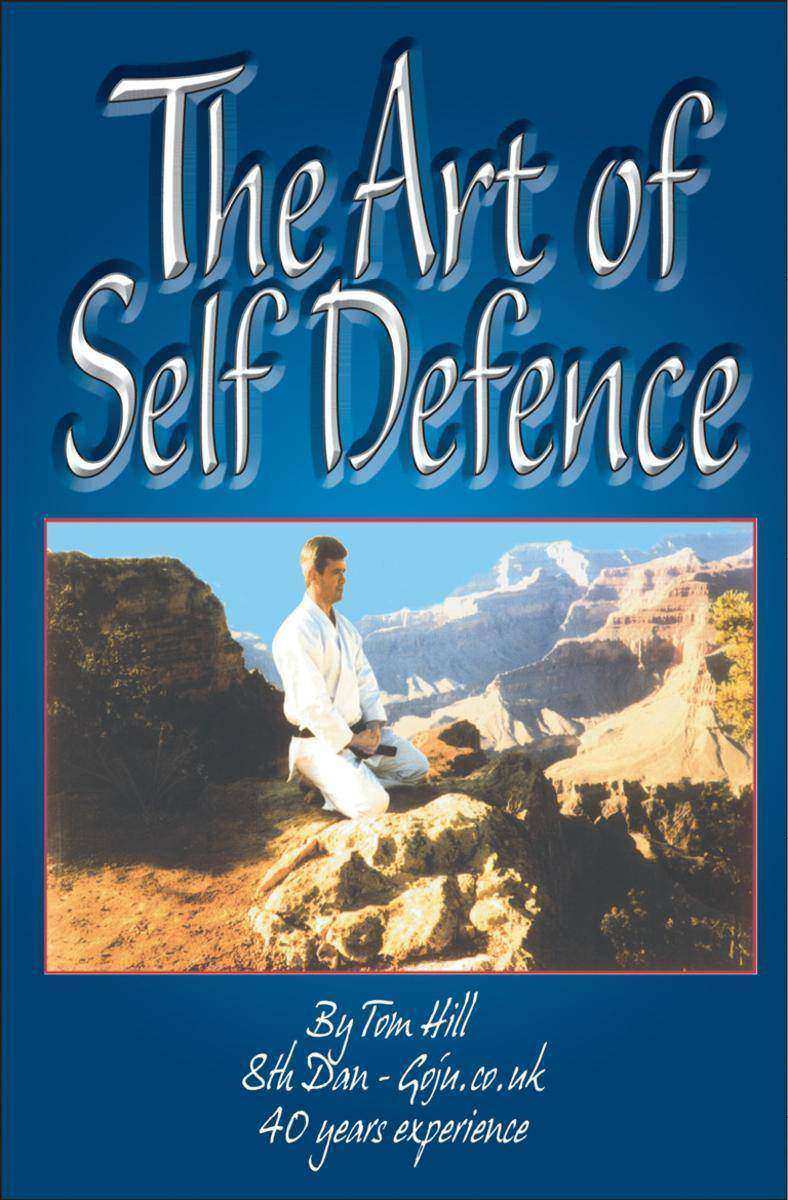
Art Of Self Defence
¥44.05
This book gives the reader a whole host of tools - both practical and psychological - which will help them achieve the status of a self-defence master. With thirty-two chapters covering a range of subjects from fitness to body language to eye contact, this book is not your run-of-the-mill martial arts manual. It is written by self-defence expert and 6th Dan Tom Hill, and those with an interest in the mental techniques of attack and defence will no doubt enjoy it greatly.
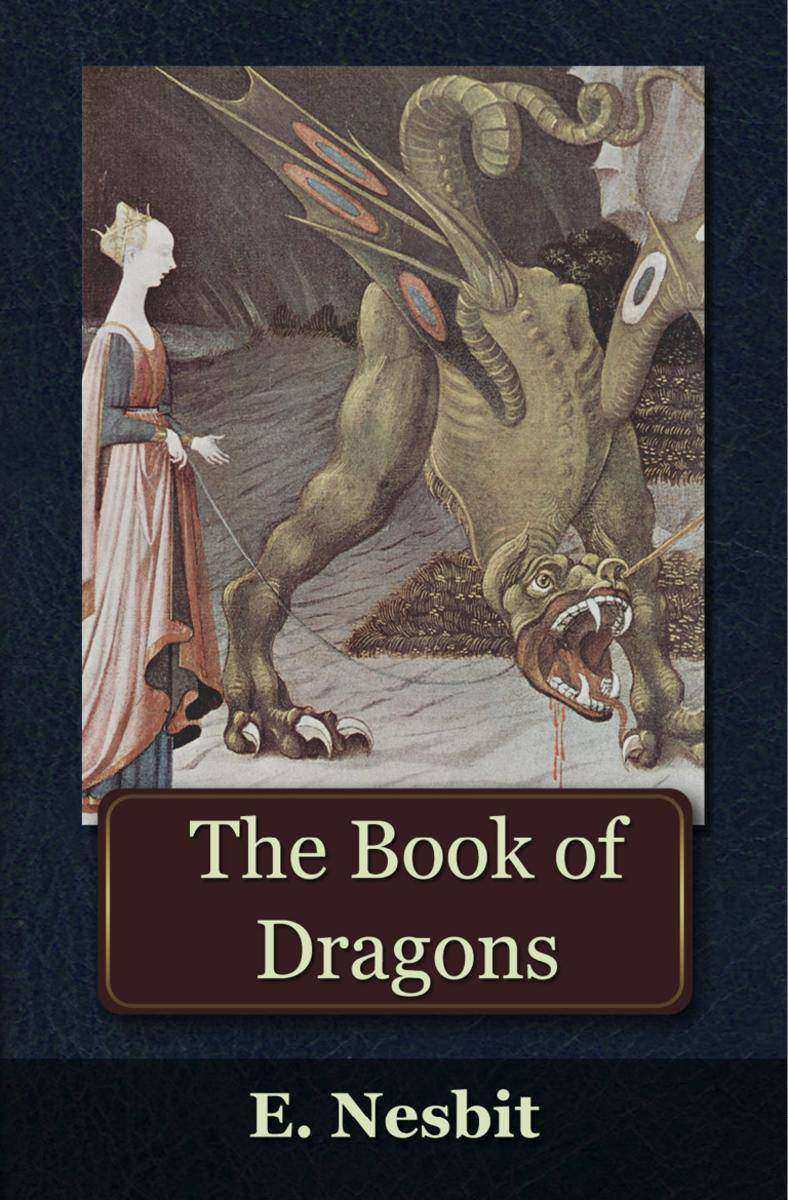
Book of Dragons
¥44.05
This wonderful collection of stories about dragons was written by world-renowned children's author Edith Nesbit, and has been loved by generations for many years. This version has been specially formatted for today's e-readers, and makes fantastic bedtime - or anytime - reading for children.
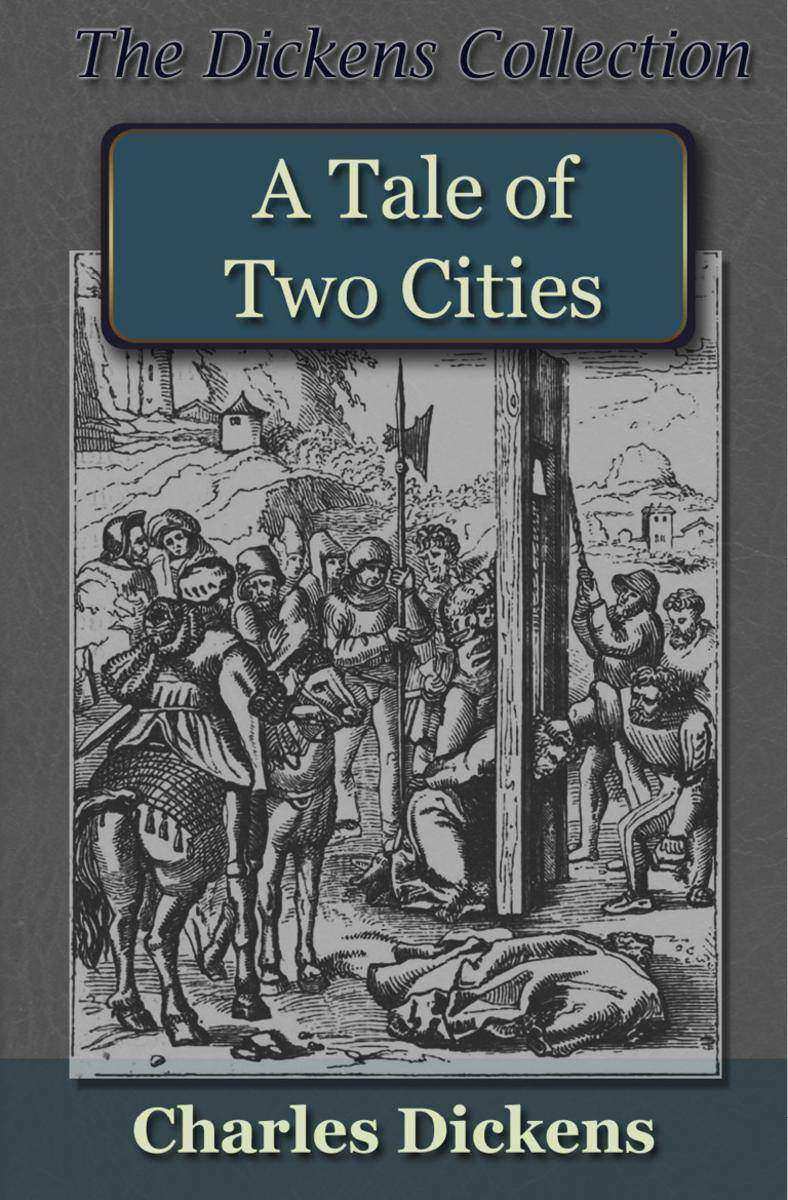
Tale of Two Cities
¥44.05
A Tale of Two Cities is a classic novel by Charles Dickens set in the time of the French Revolution. If focuses on the plight of the French peasantry demoralized by the French aristocracy in the years leading up to the revolution, and corresponding brutality demonstrated by the revolutionaries toward the former aristocrats in the early years of the revolution. Interestingly, it follows the lives of several protagonists through these events. Following the lives of several protagonists (most notably Charles Darnay and Sydney Carton), the novel takes the reader on a journey that will stay with them forever. This revised second digital edition has been specially formatted for today's e-readers by Andrews UK, and has many special features, including an easy-to-navigate table of contents.
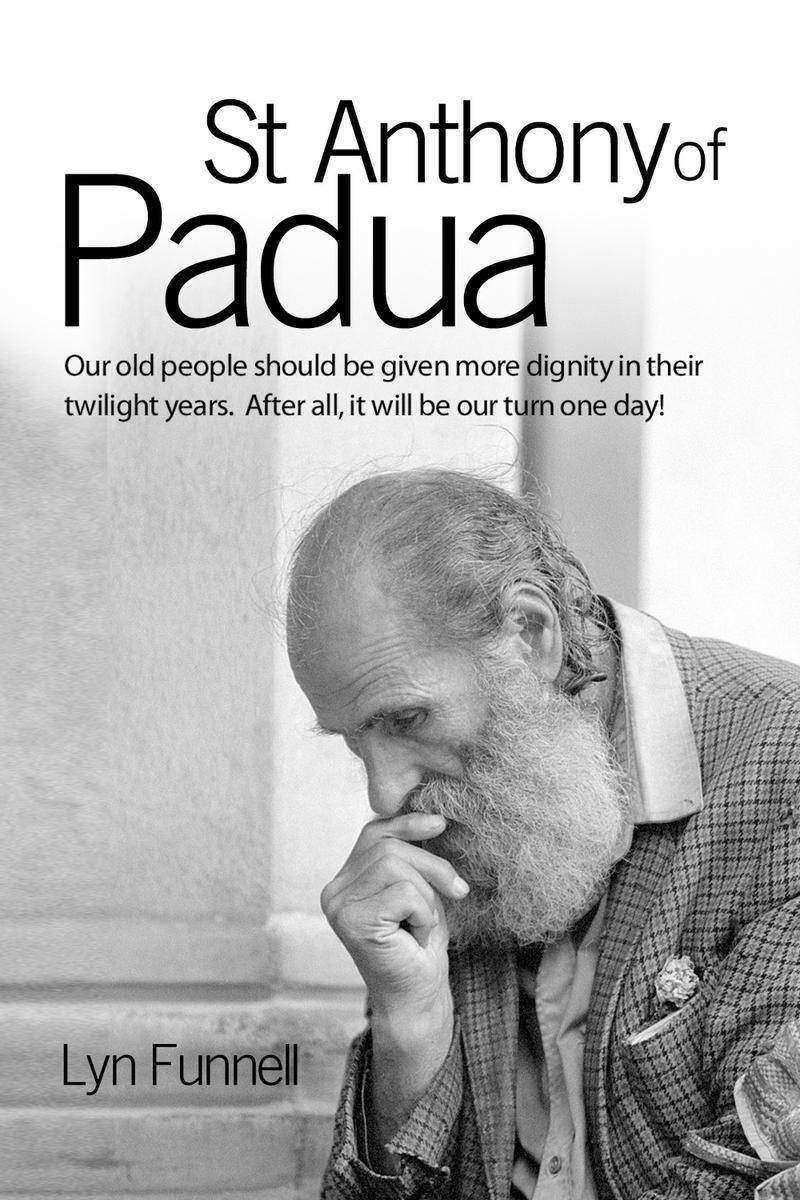
St Anthony of Padua
¥29.33
St Anthony of Padua is the Patron Saint of the Old. Unfortunately, he seems to be missing from the UK nowadays! I feel that if Charles Dickens was still alive, he would be just as upset and angry about the plight of our Senior Citizens as he was about Victorian children. The secret cruelty that they suffer in many Homes is horrendous. Drugs are often given out like sweets, to people who don't need them, just to keep them calm and docile. Unfortunately, some of them are so drugged that they can't control themselves and they're classed as senile and incontinent when they shouldn't be. This novelette contains secret information that I've been given. It's a work of fiction, written to make you think, as well as to entertain you. I hope that it makes you sit up and take notice! Our Old People should be given more dignity in their Twilight Years. After all, it will be our turn one day!

B*Witched Quiz Book
¥9.71
Do you blame it on the weatherman? When faced with problems do you say "e;C'est La Vie"e;? Do some people say you look like your dad? Well then, you'll just love the B*Witched Quiz Book! Chock full of 50 questions to test your knowledge on the double-platinum selling all-girl group, this book is great fun for time on your own and with friends! Written by top-selling celebrity biographer Chris Peacock, this is one bargain buy you don't want to miss.

Colin and the Magic Bookmark
¥44.05
Colin the librarian is an unremarkable little man, who one day at work finds a very rare, very unusual book. It does not belong to the library. On opening it he sees the title 'Colin's Book' and inside it is a beautiful blue bookmark with a red phoenix on it. The bookmark gives him extraordinary strength and resolve and leads him and his little dog Sammy into many exciting adventures both in the past and present...
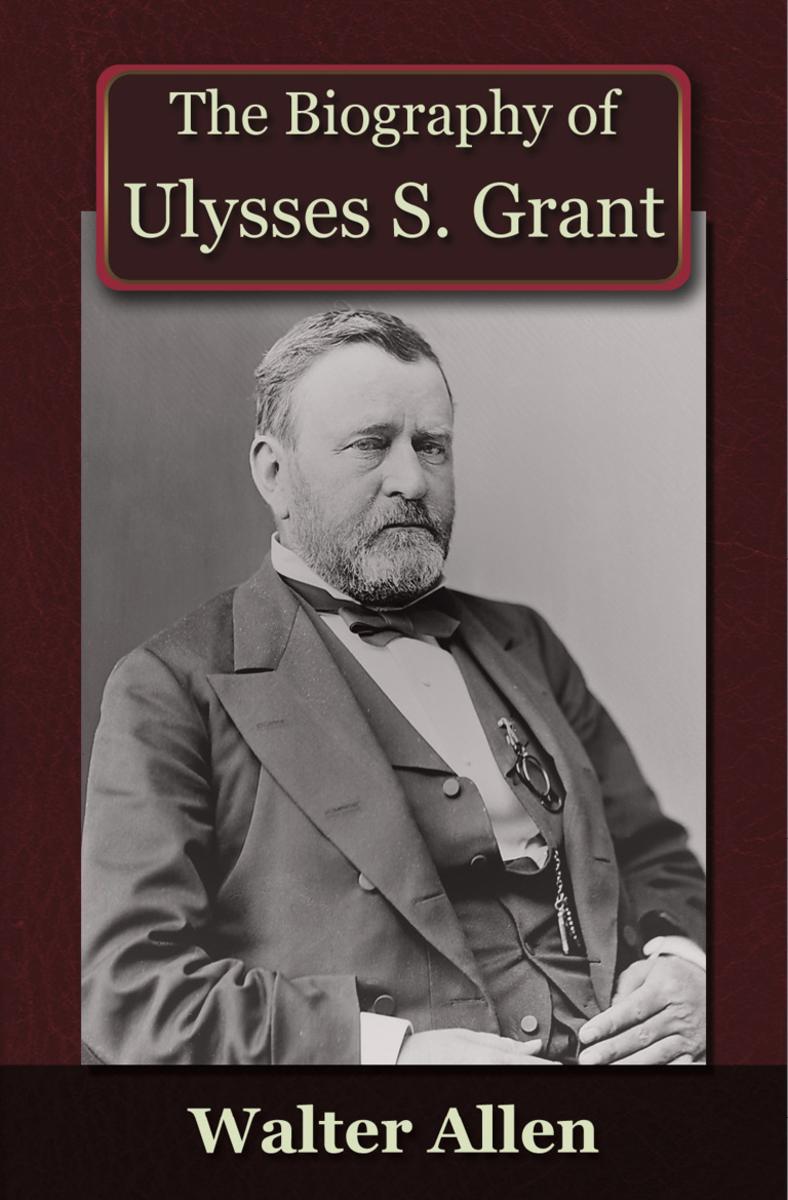
Biography of Ulysses S Grant
¥44.05
This excellent biography by Walter Allen charts the war-hero turned president Ulysses S. Grant's life. From his youngest years through to his term as one of the most fondly remembered presidents of the United States of America, Grant's life is a fascnating one. This excellent eBook edition of this highly-rated title has been specially formatted for today's e-readers by Andrews UK.
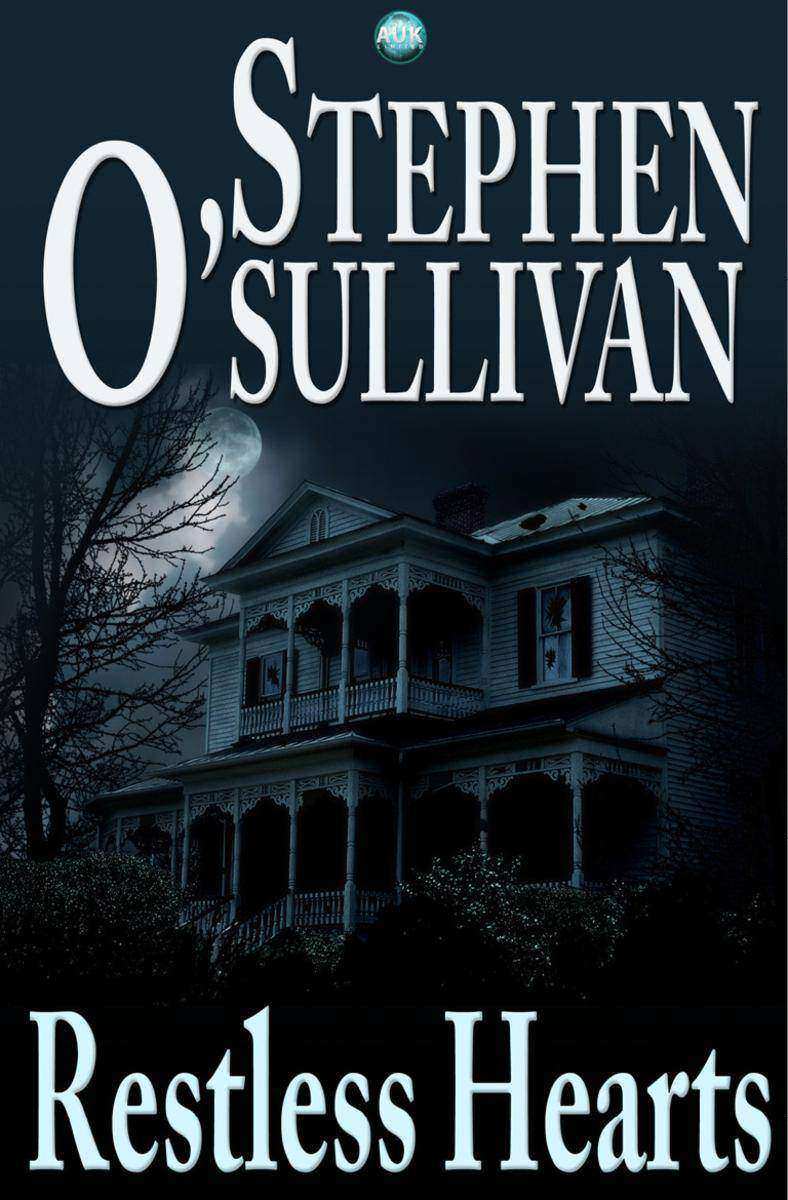
Restless Hearts
¥58.76
When Tom and Emily Wilks lose their daughter in a road traffic accident, the shattering event proves to be a catalyst that brings suffering and anger to the surface from generations both living and dead that spans a hunderd years, building up to a stunning climax.
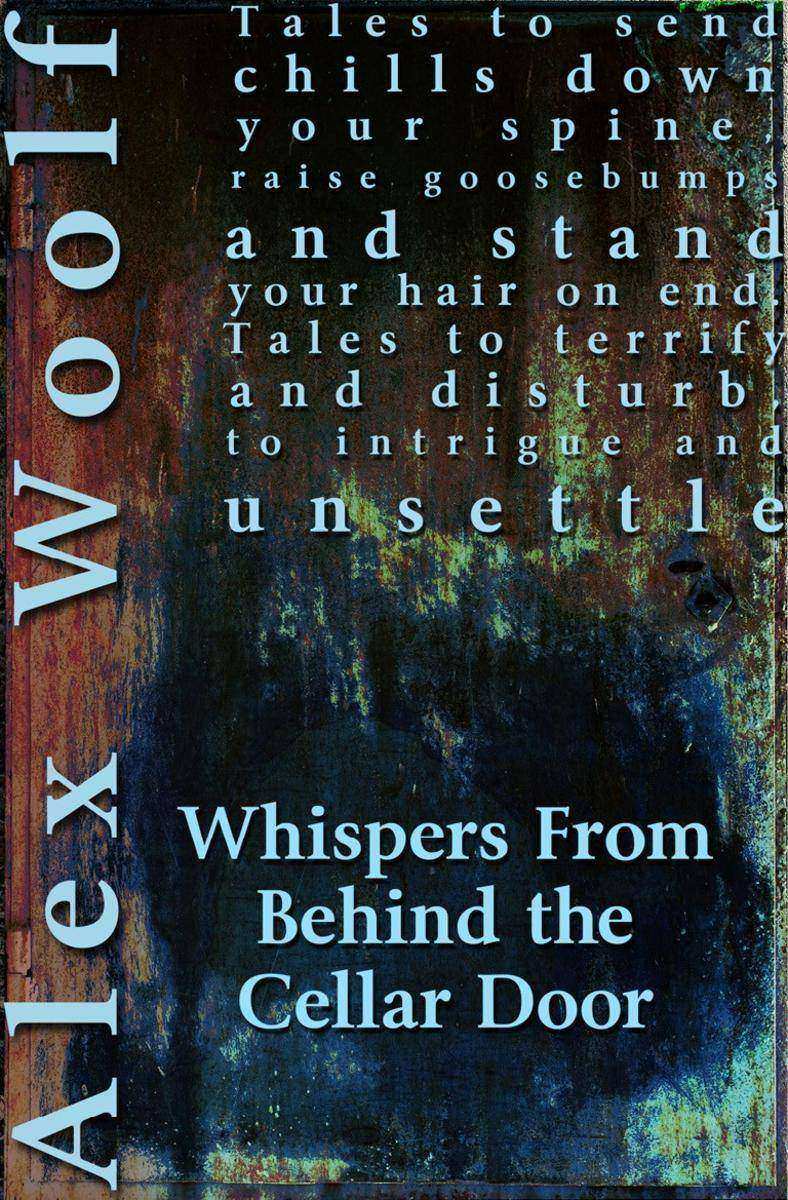
Whispers From Behind The Cellar Door
¥19.52
Tales to send chills down your spine, raise goosebumps and stand your hair on end. Tales to terrify and disturb, to intrigue and unsettle. Fans of horror and the supernatural will relish this collection of original stories, featuring among much else...- a haunted swimming pool- something horrible in a garden shed- a doppelganger husband- a zombie mother-in-law- a ghostly sender of emails- and an embalming that goes very wrong indeed...
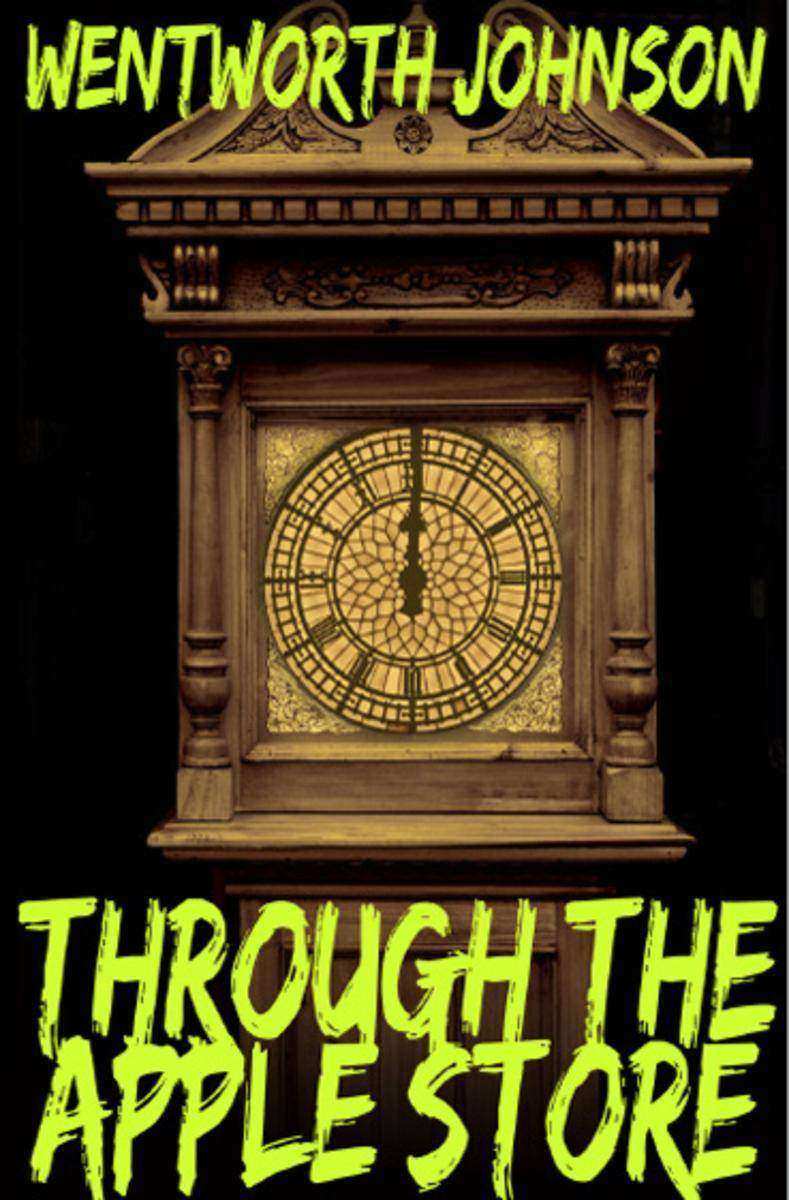
Through the Apple Store
¥68.57
It seem that someone has murdered an actress. Who would believe the actual truth? Howard thinks a wandering Viking is the guilty party and Donavon Merryville gets the blame. In order to appease mad Albert and solve the murder, Donavon enters on a fantastic voyage through the centuries. He discovers and falls in love with Anneke, a siren from the 1800s. Forced by Albert, driven by love and inexorably channelled by time itself, Don blunders into the Viking wars of East Anglia and discovers a plot to assassinate Winston Churchill, the wartime English Prime Minister. This terrible situation must take priority and Don defeats all odds and befriends Major Howard. Albert again takes control of Don's life and he is forced into marriage. An exciting honeymoon ensues with the bride and groom running away after causing havoc in the 1860's. Eventually Donavon returns to Bloodisland House with his tail between his legs and settles down to married life only to restart the cycle and get the blame for the murder of an actress.
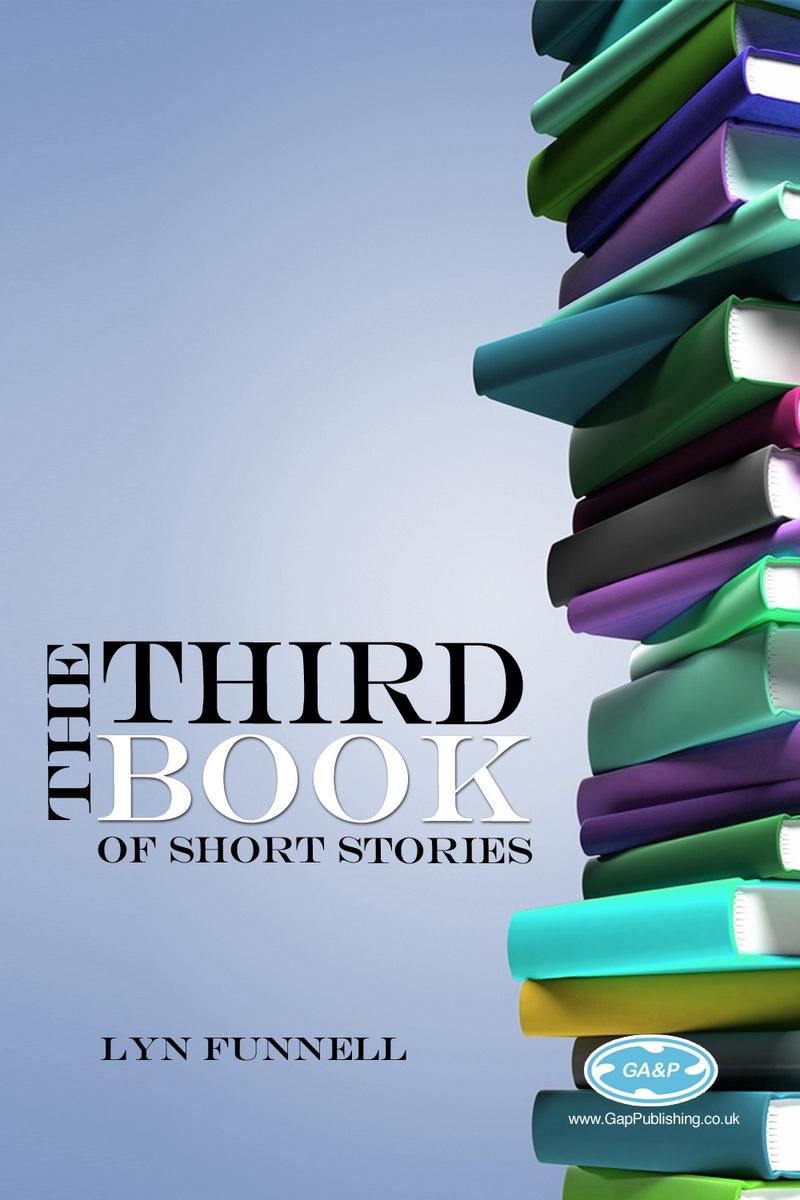
Third Book of Short Stories
¥19.52
The Third book in the Short Stories by Lyn Funnell series of easy reading stories that cover a variety of situations, places and characters. My Box, Village People, Neddie the Nerd, The Newsmaker and more will keep you entertained while your on the move, enjoying a quite Sunday or reading in bed.
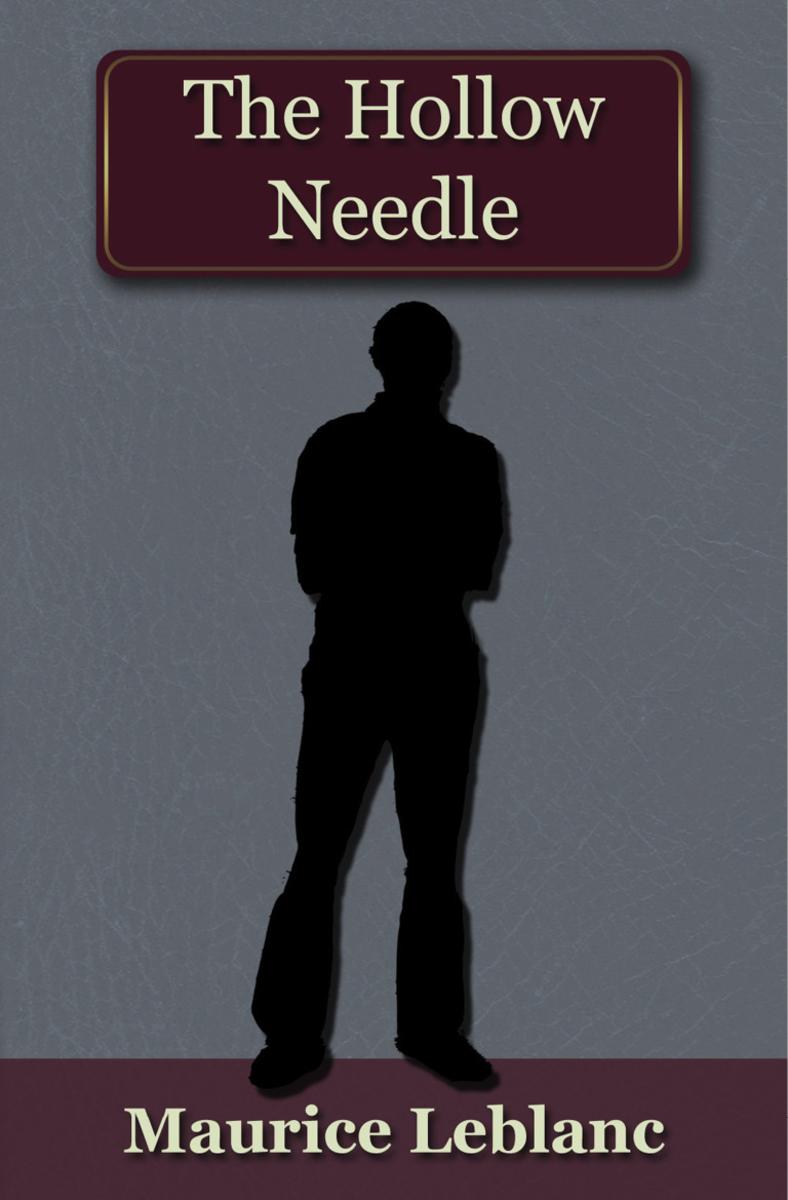
Hollow Needle
¥44.05
The gentleman thief Arsene Lupin returns in this intricately plotted tale of disguises, loot, and love. Once more Lupin is at large, snatching fortunes from under the noses of the wealthy - but this time he may have met his match in a bright school student who manages to penetrate his secrets.
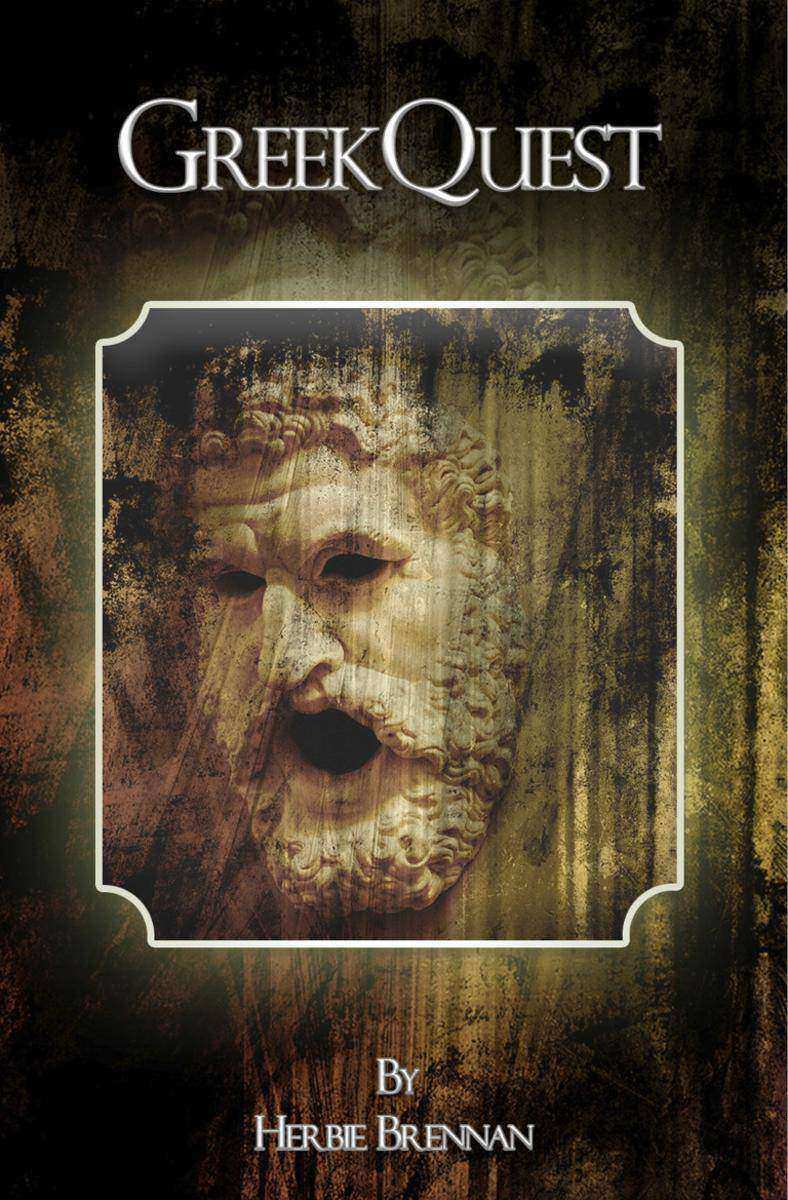
GreekQuest
¥19.52
Discover an amazing life in Ancient Greece when you enter this adventure from the international superselling gamebook author of the GrailQuest series, Herbie Brennan.
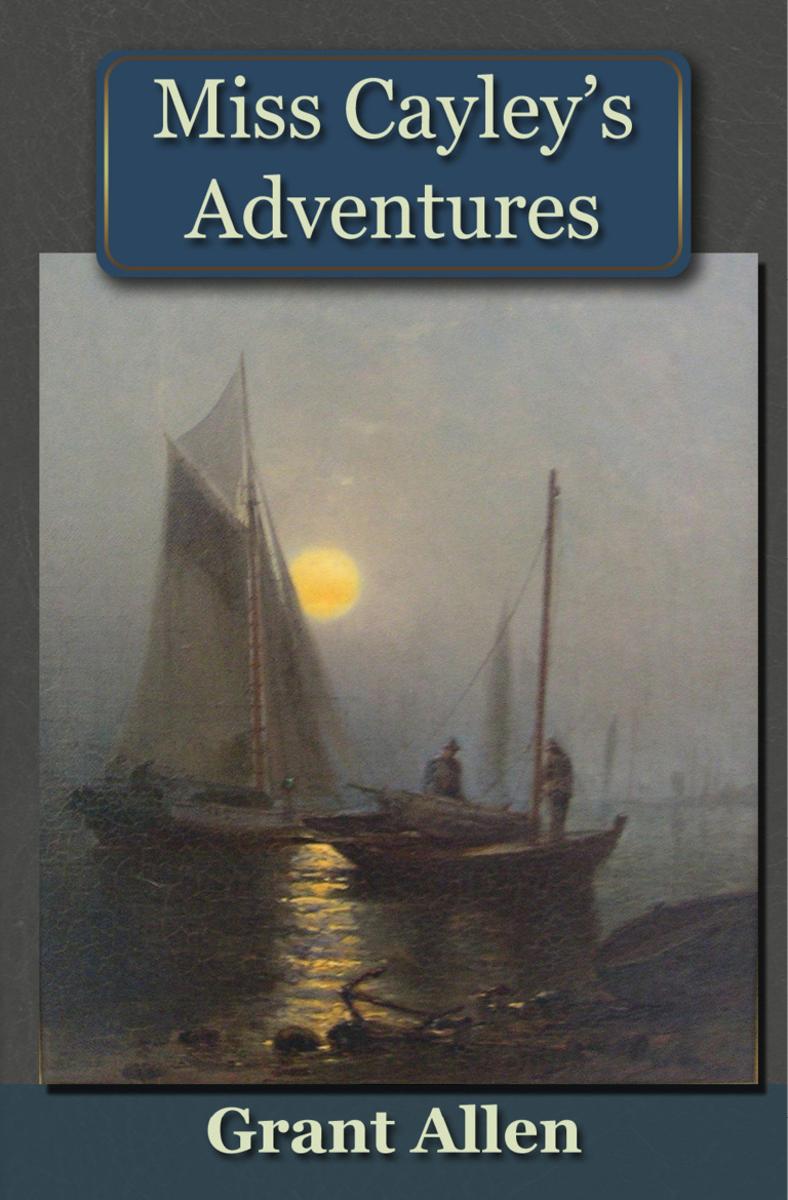
Miss Cayley's Adventures
¥44.05
When her stepfather dies, Lois Cayley finds herself alone in the world with only twopence in her pocket. Undaunted, the intelligent, attractive, and infinitely resourceful young woman decides to set off in search of adventure. Her travels take her from London to Germany, Italy, Egypt, and India, as she faces various challenges and meets an assortment of eccentric characters. But when her true love, Harold Tillington, finds himself accused of forging a will and faces prison, Miss Cayley will need all her ingenuity to investigate the case, solve the mystery, and save Harold from the diabolical plot! One of the first novels to feature a female detective, Grant Allen's Miss Cayley's Adventures remains as witty, enjoyable, and engaging today as when first published. This version has been specially formatted for today's e-readers by Andrews UK.

Ennui and the New Canoe
¥53.86
A lively, humorous story about a crocodile called Ennui and the legendary environmentalist and conservationist Steve Irwin, set in the Northern Territory wetlands of the Australia Kakadu, a world heritage national park. Ennui, as the name implies, develops a problem working for Steve in the tourist industry, but when Ennui discovers a latent talent as a boatbuilder extraordinaire, the issue is not only sorted out to everyone's satisfaction, but a wonderfully lucrative and mutually rewarding business relationship develops. A story that reminds children not to waste their talents, or undervalue themselves. Expressed poetically through unique Australian slang, this tale will encourage children to believe in themselves, be true to their own identity.
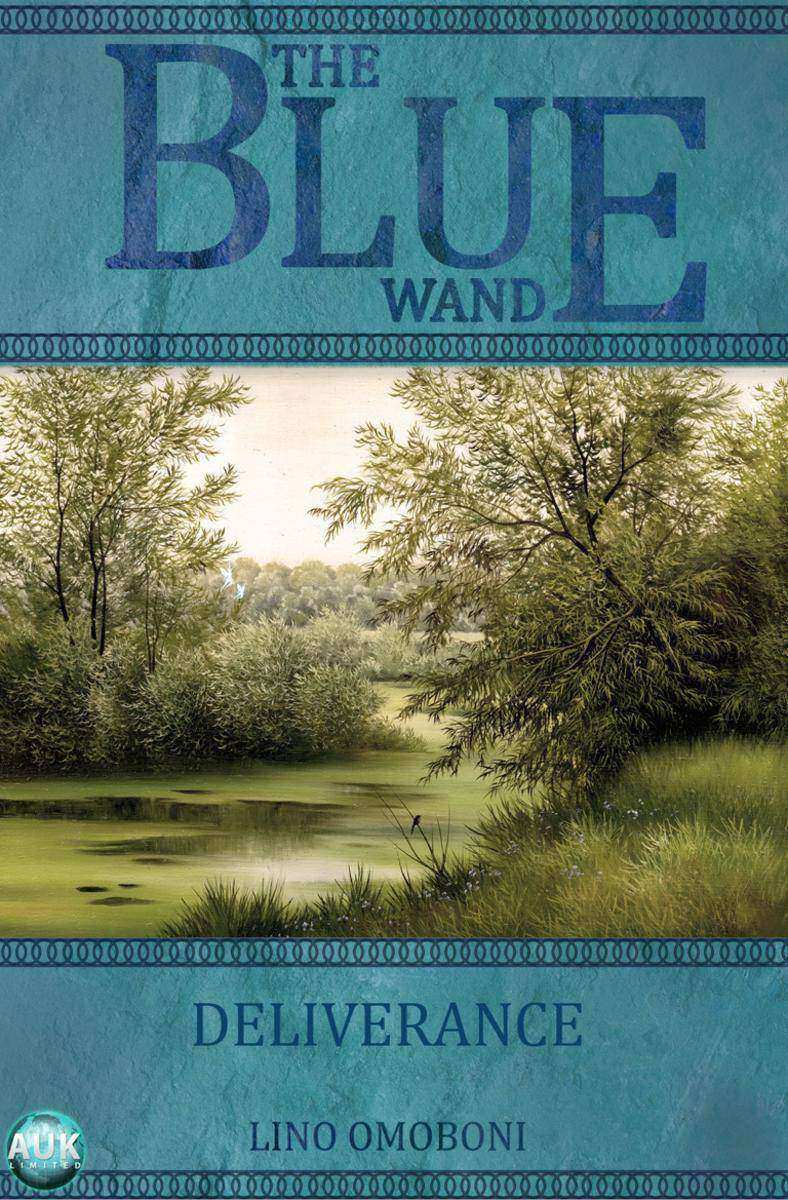
Blue Wand - Volume 1
¥19.52
It is the first book of a trilogy telling about the adventures of the 14 year-old friends James and Joey. Using a wand James grandfather had for many years, they cross to the magic world of Lanomawood (The Land of the Magic wood) where they encounter many different people and characters including a wise old man, a wizen old tree, the good spirit of the forest and a beautiful teenage girl with magical powers. An evil wizard rules the land and for two thousand years, since throwing the wand into our world, nobody in Lanomawood has aged. The wise old man hails James as their liberator and tells him he is the one to challenge and defeat the evil wizard.

Paul Andrews Presents - The UFO Report
¥29.33
This gripping read is based on an original book by .Edward J. Ruppelt who was the head of the United States Air Force UFO research - Project Blue Book - from 1951 until 1953. He of course had a unique insight into what went on within that project at that time. He died at the age of just 37 in 1960. Newly edited, and with some new illustrations added, this is a must have book for the person interested in Unidentified Flying Objects.

10 Science Lesson Plans for KS1 - Volume 1
¥48.95
These 10 Science Lessons cover the programs of study for Key Stage 1 Science as set out in the National Curriculum and are also based around the QCA topic 'Sorting and Using Materials' .Within the lessons are opportunities to develop knowledge, skills and understanding from first-hand experience as well as developing investigative skills. Each lesson includes a list of resources, practical activities, lesson objectives, outcomes and extension activities for cross curricular work that include ICT opportunities as well as assessment.
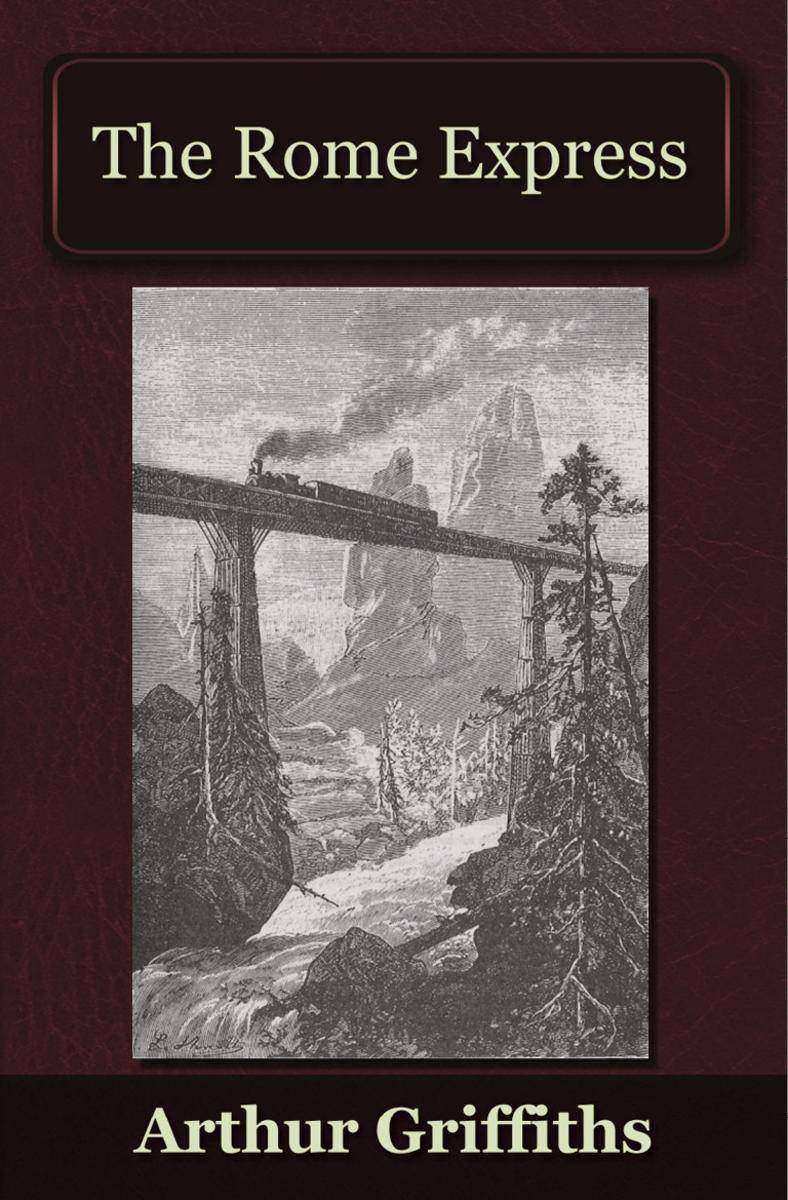
Rome Express
¥44.05
This fast-paced detective story, written by Major Arthur Griffiths involves a murder on a flying express train, a wily Italian, a charming woman caught in the meshes of circumstantial evidence, a chivalrous Englishman, and a police force with a keen nose for the wrong clue - all the ingredients of a rip-roaring mystery from the age of steam. This version has been specially formatted for today's e-readers by Andrews UK.
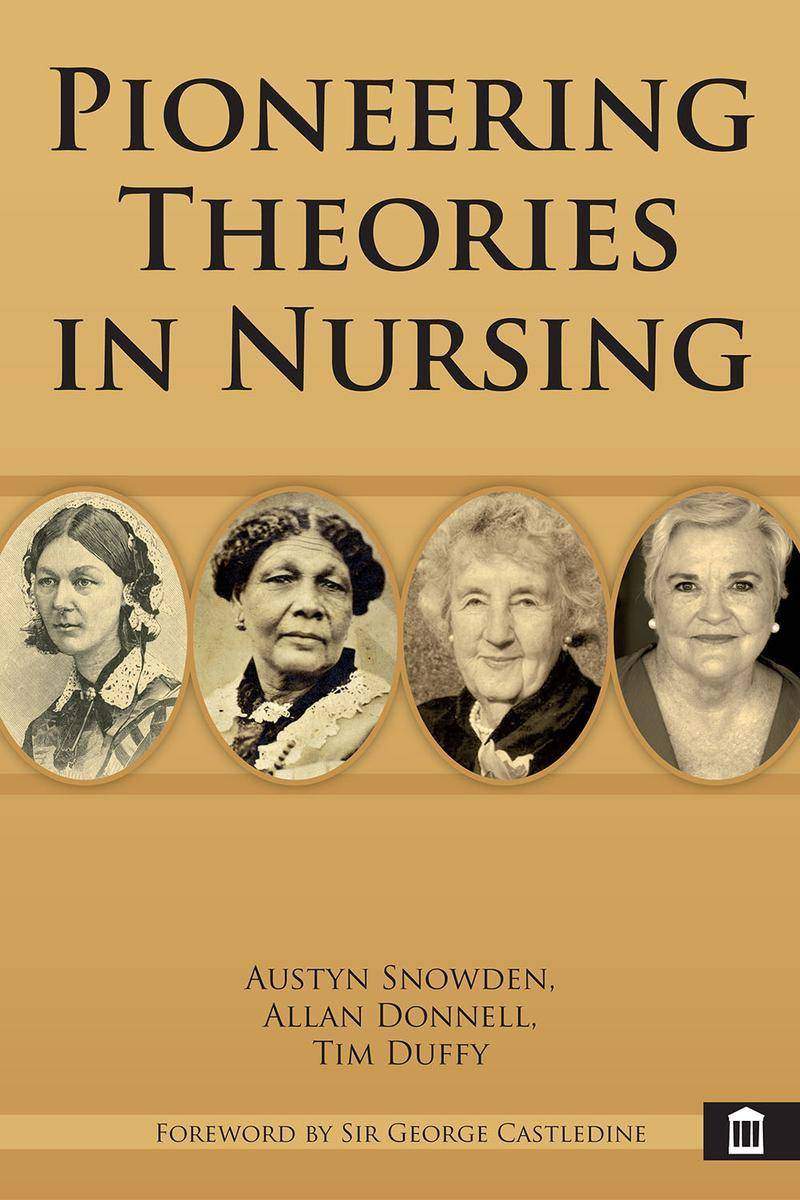
Pioneering Theories in Nursing
¥147.05
Pioneering Theories in Nursing traces the origins of nursing theories through their founders. Unlike other nursing theory texts, this book provides the personal story on some of the greatest nursing leaders, clinicians and theorists to date so the reader can understand the context within which the nursing pioneer developed their theory. It will attempt to explain the theories and practice of nursing and provide food for thought for students and practitioners, encouraging reflective thinking. Each section begins with an overview of the chapters and identifies common themes. Designed to be highly user-friendly, each chapter follows a standard structure with a short biography, a summary on their special interests and an outline of their writings before each theory is examined in detail. The chapter then looks at instances of how this theory has been put into practice and what influence this process has had on the wider nursing community. Further links to other theorists are provided as well as key dates in the life of the theorists and a brief profile.
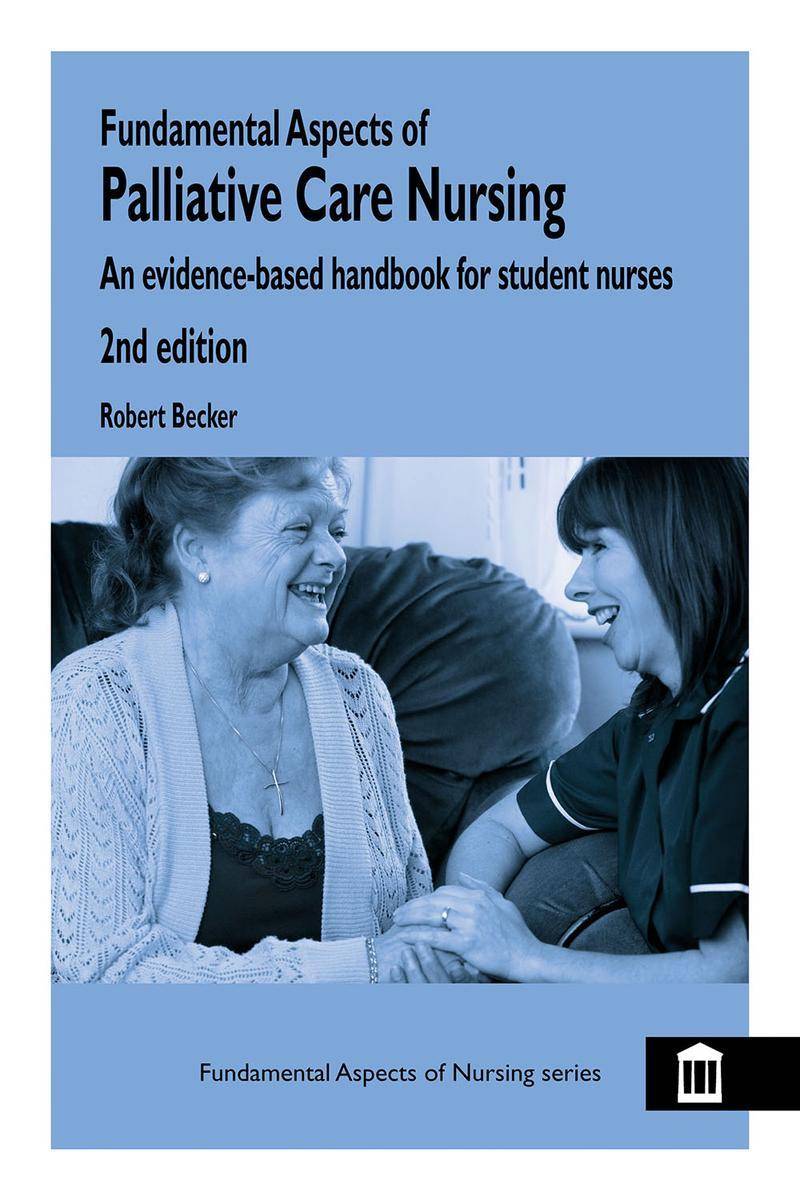
Fundamental Aspects of Palliative Care Nursing 2nd Edition
¥201.01
This new and expanded edition is aimed directly at the learning needs of student nurses and is unique in that context. Whilst there are many high quality books available for academic study in palliative care this is currently the only one that balances a strong educational focus for developing nursing practice with an understanding of the particular needs of student nurses. The text maintains a sensitive and supportive approach to the key themes of palliative care nursing, but contains important new material of a wide range of initiatives that are impacting on end of life care across the UK. It will provide the reader with a concise, easy to read and learning oriented text that will give advice and direction to the many challenges faced in this most important area of patient care. Each chapter examines a key component of care and new features include: Learning outcomes at the start of each chapter to guide the reader Clinical anecdotes to illustrate the reality and complexity of practice Extensive use of recognisable symbols to guide the reader and improve the usability of the text Competency assessment to help gauge knowledge and progress Reflective points to aid professional development Reflective activities to enable the student to reinforce learning from practice Links to appropriate clauses of the current 2008 NMC Code of Professional Conduct Quality internet resources relevant to chapter content Self assessment multiple choice tests at the end of each chapter to consolidate learning An extensive palliative care quiz covering the main topic areas of the book to test knowledge. This can be used as evidence with professional portfolios.




 购物车
购物车 个人中心
个人中心



